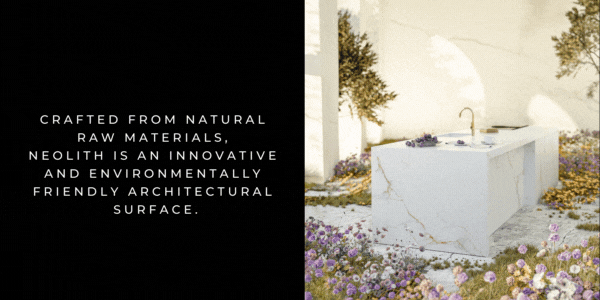Swartland: What a view!
Successfully using sliding doors to maximise your outdoor views can make a cost-effective and dramatic impact on your indoor spaces. We speak to Cobus Lourens from leading window and door manufacturer, Swartland, on what to consider when investing in sliding doors.
1.) Single or multiple panes “You can choose sliding doors that boast multiple glass panels or lites, which are visually similar to French doors, and ones with single large panes of uninterrupted clear glass. You can also choose to add side lites to either side of the sliding door, or even top lites – these can expand on the outdoor views and the inlet of natural light.”
2.) Size and space Sliding doors can comprise two, three or even four panels, of which some will slide and others will be fixed. Cobus notes that one of the many benefits of sliding doors is that they incorporate very large panes of glass that can offer some of the most uninterrupted views: “Compared to fold-a-side doors, sliding doors typically only open 50% of the aperture, however, the doors themselves consume less space. “Also, the wider the door leafs, the larger the glass panes, which command great unimpeded views when compared to fold-a-side doors with several narrower door leafs, each with a frame around them.”
3.) Choose a material Any sliding door leading to the outdoors will need to withstand exposure to the elements. Says Cobus: “Ideally, you want to choose a material that is aesthetically pleasing, durable, easy to maintain, and energy efficient with regards to insulation. Although sliding doors are made of lots of different materials, the only two that offer all of the afore mentioned qualities are timber and aluminium.”
• Aluminium: Swartland’s KENZO range for example, are becoming increasingly sought after. Aluminium is an affordable, light and durable material that is corrosion-resistant and performs well in the majority of climates. It is powder-coated, so it doesn’t need to be painted, and it boasts narrow profiles for a sleek and subtle visual appeal.
• Timber: Says Cobus: “As part of our environmental responsibility, we have always strived to make quality products that are durable and long lasting. Which is why we kiln-dry our wood to a moisture content of 8%. This process helps keep the wood in perfect balance with atmospheric conditions, thereby stabilising the timber and minimising movement or warping.”
4.) Energy efficiency Electricity is becoming increasingly expensive, so when building or renovating, it is always a wise idea to do everything in your power to minimise the costs. Says Cobus: “Choosing energy efficient glazing for these doors will not only save you a lot of money over their lifespan, but it is also the responsible thing to do regarding the environment.” The technical term for the glass that is installed into windows or sliding doors is glazing. You can select various glazing coatings that can play a massive part in the insulative qualities of your windows and doors. Says Cobus: “Low-E glazing, or low emissivity glass, for example, is coated with a thin metallic substance that increases the window’s ability to reflect, rather than absorb heat. Although Low-E glazing costs more than normal glazing, it can save you lots of money in the long run, as it ensures excellent insulation.”
5.) Operation and security There is nothing worse than trying to open a sliding door and it sticks and jolts open. Notes Cobus: “Any high-end sliding door should offer easy and smooth operation that doesn’t require a lot of effort. This all lies in how well the door is constructed and weighted, as well as the quality of the hardware that is used for the tracks. Swartland for example uses imported German-manufactured hardware to facilitate effortless opening and closing, as well as optimum security and durability.”
Visit Swartland.
You might also like...
-
Refined Interiors with Cover Styl’s Leather Collection

Cover Styl’s Leather Collection offers a straightforward way to introduce the warmth and character of leather into interior spaces without the complexities associated with genuine ...
-
iTe Products: Introducing GRIPiTe

What goes down, must stay down… While every layer of a flooring installation is vital to the overall success of the project, clients will naturally ...
-
Klay: Designing for Warmth, Texture & Winter Comfort – The Natural Way

As the air turns crisp and the days grow shorter, there’s a collective pull toward warmth, comfort, and tactile spaces that invite us to slow ...
-
Fall in Love with Locally Manufactured Door Knobs and Handles by Press Up Industries

The small details in your home can make a huge difference. Often overlooked, door knobs and handles serve both a functional and aesthetic ...























